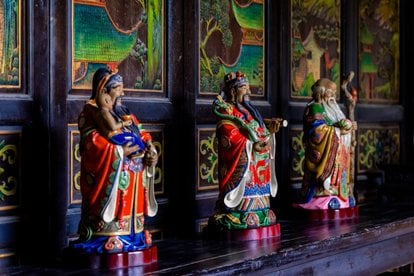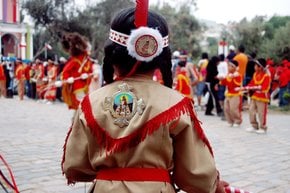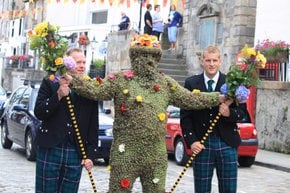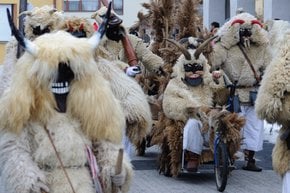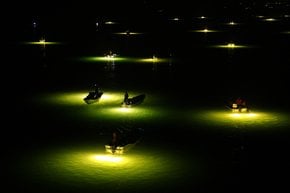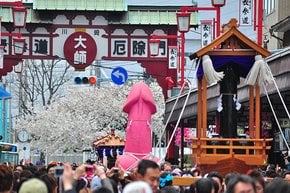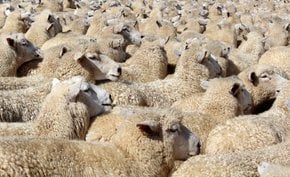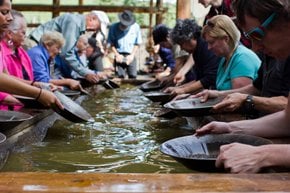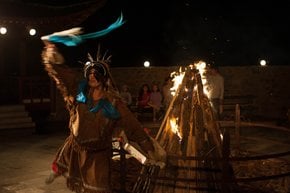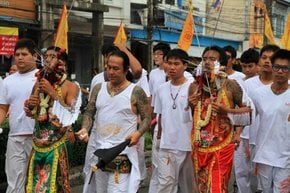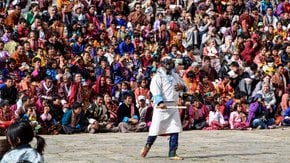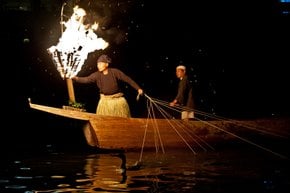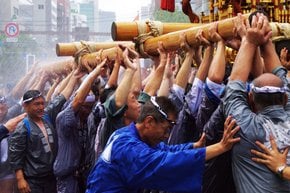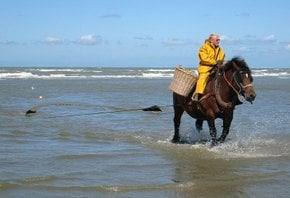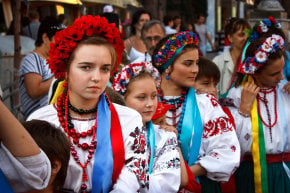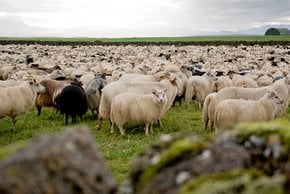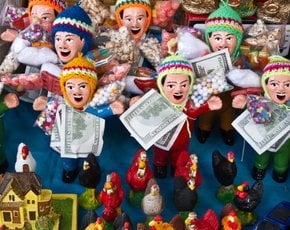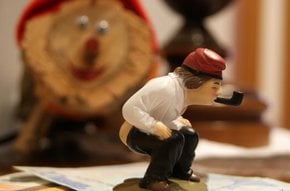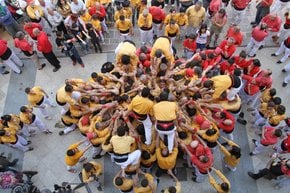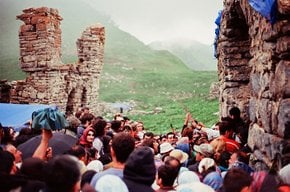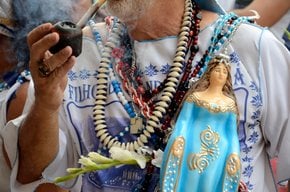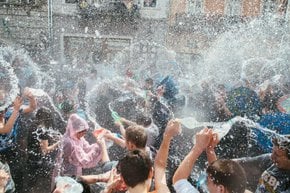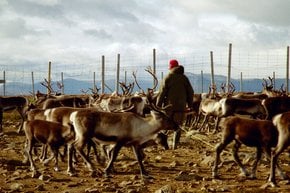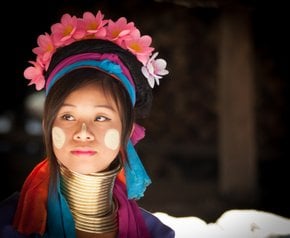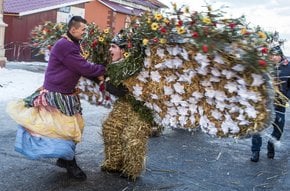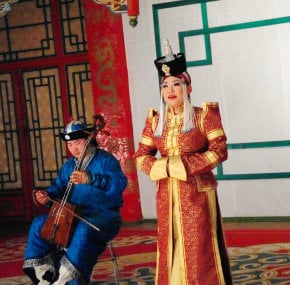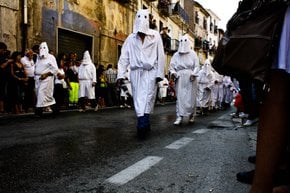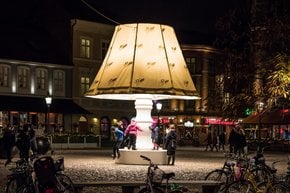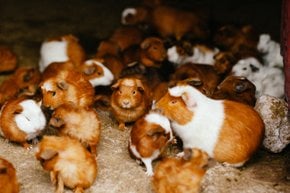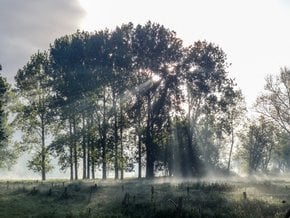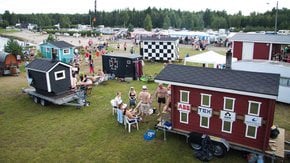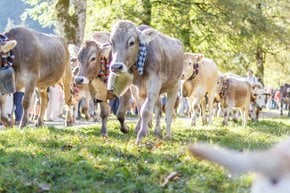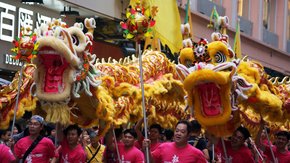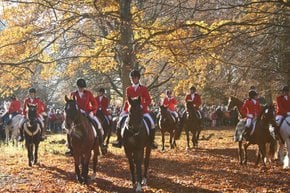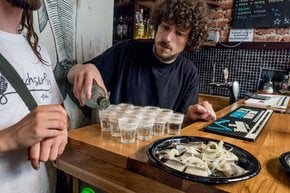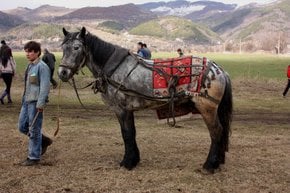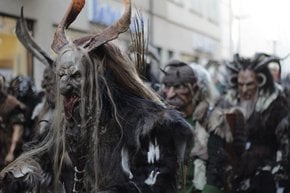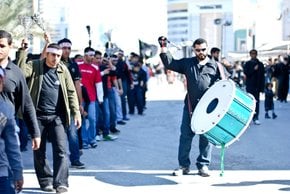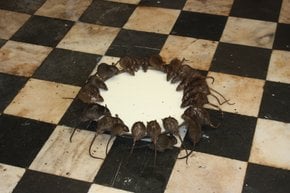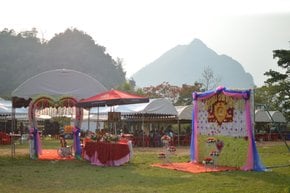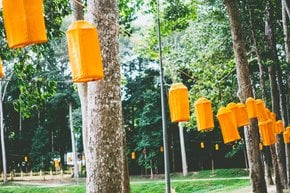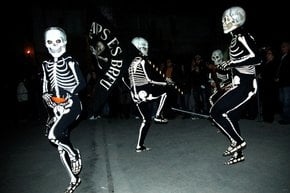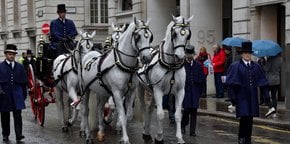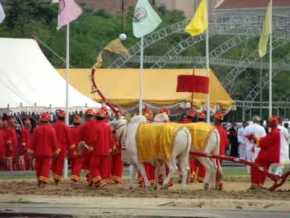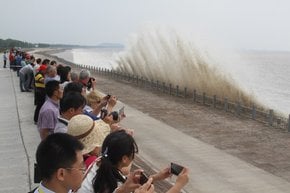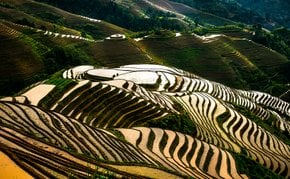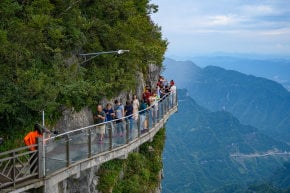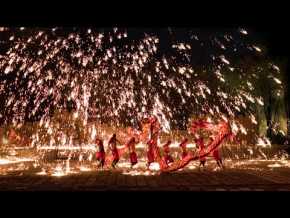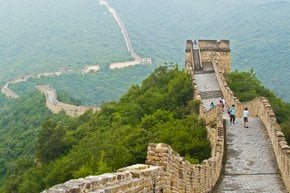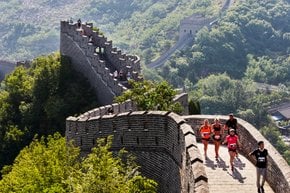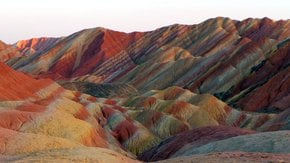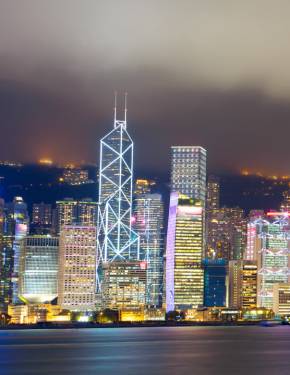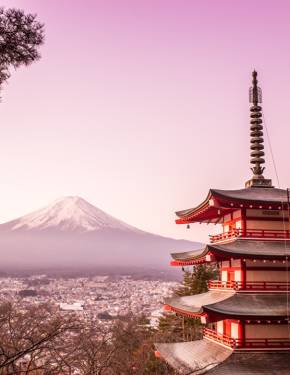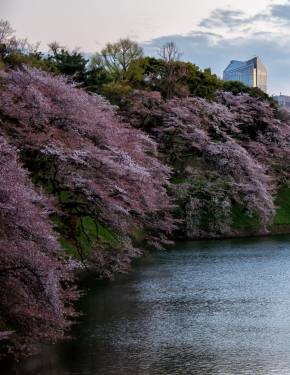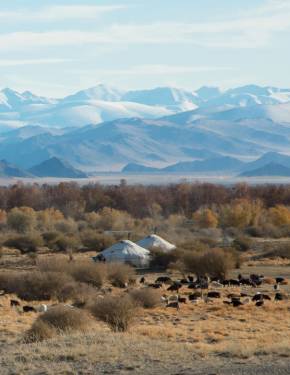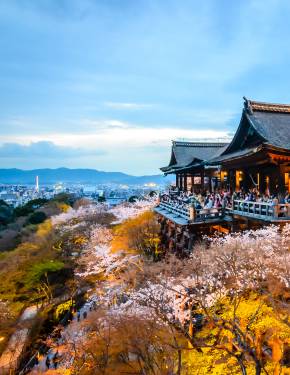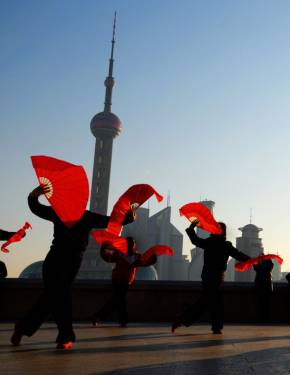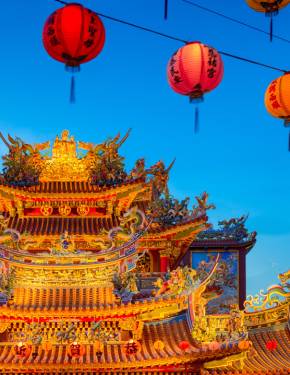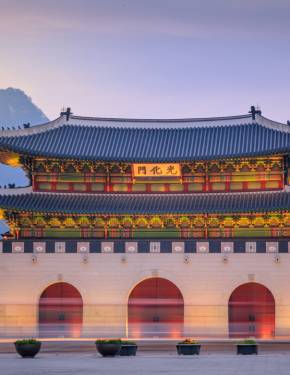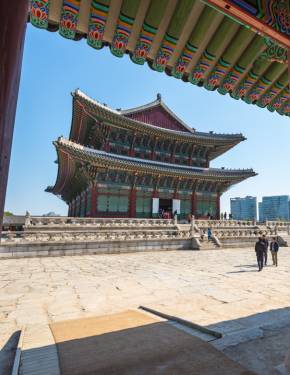Longtaitou Festival, or Dragon-Head-Raising Festival 2025 in China
On that day people worship dragon hoping for good harvest and rains
Dates: March 1, 2025
The Longtaitou Festival, also known as the Dragon-Head-Raising Festival or Double-Second Festival, is a traditional Chinese celebration held on the second day of the second lunar month. Rooted in agricultural traditions, it marks the arrival of spring with rising temperatures, frequent rainfalls, and budding plants, signaling the start of spring plowing. Historically, it is a day for praying for a good harvest, favorable weather, and good fortune.
Traditional Celebrations
The Longtaitou Festival is rich with traditions symbolizing luck, renewal, and agricultural prosperity. The dragon, seen as a ruler of wind and rain, plays a central role in the festival. People offer food and worship at dragon temples to pray for rain and a good harvest. Traditional activities vary by region but often include eating foods with dragon-themed names, such as "dragon's beard" noodles (龙须, lóngxū), "dragon's ears" dumplings (龙耳, lóng'ěr), and "dragon's scales" pancakes (龙鳞, lónglín). In East China's Fujian province, tofu balls are eaten to pray for family and business success. At the same time, Shandong locals fry beans, and Suzhou residents enjoy chengyao cakes made of sticky rice.
The festival also marks the start of the Taihao temple fair, which is dedicated to the ancestral deities Fuxi and Nüwa and lasts until the third day of the third lunar month. Customs differ across China. In northern regions, celebrations often feature dragon dances and eating pig head meat, while Beijing traditions include lighting candles and tapping objects to ward off pests. In southern regions like Macau, worship of the gnome or the "God of Earth" is common, with grand feasts held in his honor.
Meaning
The name "Longtaitou" originates from ancient Chinese astronomy. In the eastern sky, seven-star groups resemble a dragon. During winter, the "dragon" remains hidden below the northern horizon. However, between the solar terms Waking of Insects (惊蛰, Jing Zhe) and Spring Equinox (春分, Chun Fen), two stars representing the dragon’s horns appear above the southern horizon while the rest of the "dragon" stays hidden. This phenomenon inspired the name "Longtaitou" (龙抬头), meaning "dragon raises its head."

